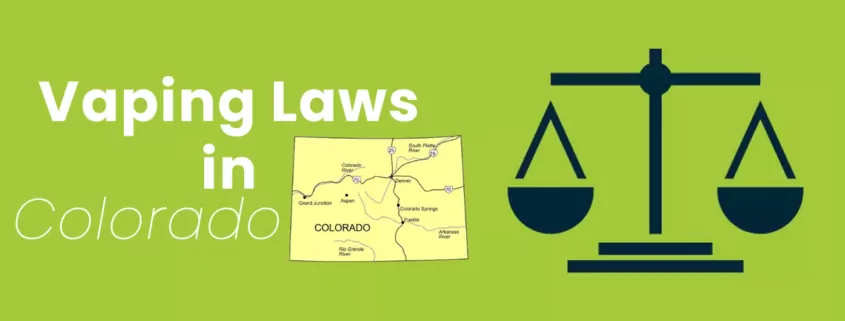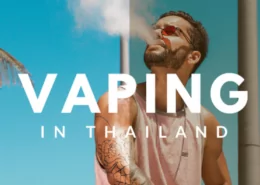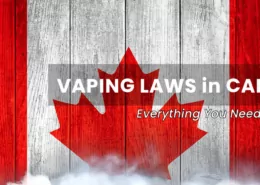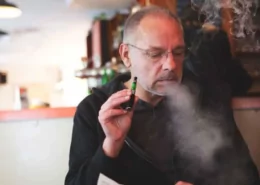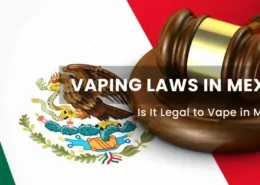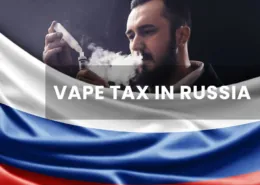Vaping Laws in Colorado – Is it Legal to Vape in Colorado?
Updated: May / 2025
Colorado has established itself as a state with a proactive and evolving approach to regulating vaping products, including e-cigarettes, vape pens, and other electronic nicotine delivery systems (ENDS). Driven by public health concerns, particularly the prevention of youth access and use, the Centennial State has implemented a multi-layered system of laws. This framework combines a strict statewide minimum age for purchase, comprehensive restrictions on where vaping is permitted, significant taxation, and, increasingly, robust local ordinances that can further limit product availability, especially flavored vapes. As of mid-2025, navigating these regulations requires careful attention from consumers, retailers, and manufacturers alike.
This guide provides an in-depth look at Colorado’s current vaping laws, helping you understand what’s legal, what’s changing, and what it means for you.
The Legal Foundation of Vaping Laws in Colorado
At the heart of Colorado’s vaping regulations is a clear focus on preventing underage access, supported by federal law and specific state definitions that categorize these products.
Minimum Legal Sales Age (MLSA): Strictly 21
Colorado rigidly enforces a minimum legal sales age of 21 for all tobacco and nicotine products, which explicitly includes e-cigarettes and all other vaping devices. This “Tobacco 21” standard aligns Colorado with federal legislation enacted in December 2019, creating a uniform age limit nationwide. Retailers are legally mandated to verify the age of any purchaser appearing under 30 years old (some sources suggest under 50 for stricter local interpretations) using a valid government-issued photographic identification.
Selling, distributing, dispensing, or offering for sale any tobacco or nicotine product to an individual under 21 is a serious offense for retailers, potentially leading to significant fines and license suspension or revocation. For individuals aged 18 to 20, it is illegal to purchase, possess, or use nicotine vaping products, with violations typically classified as a Class 2 petty offense, often resulting in fines or mandatory educational programs. Furthermore, retailers are prohibited from allowing anyone under 18 years of age to sell or participate in the sale of these products.
Defining “Vapor Products” in Colorado
Colorado law provides definitions for these products to ensure clarity in regulation. While specific statutory language can be found in legislative texts, generally, “vapor products” or “electronic smoking devices” encompass any noncombustible product that employs a heating element, power source, electronic circuit, or other means to produce a vapor from a nicotine product or other substance for inhalation. This includes e-cigarettes, e-cigars, e-pipes, vape pens, and similar devices, along with their components and accessories, whether sold separately or as a kit.
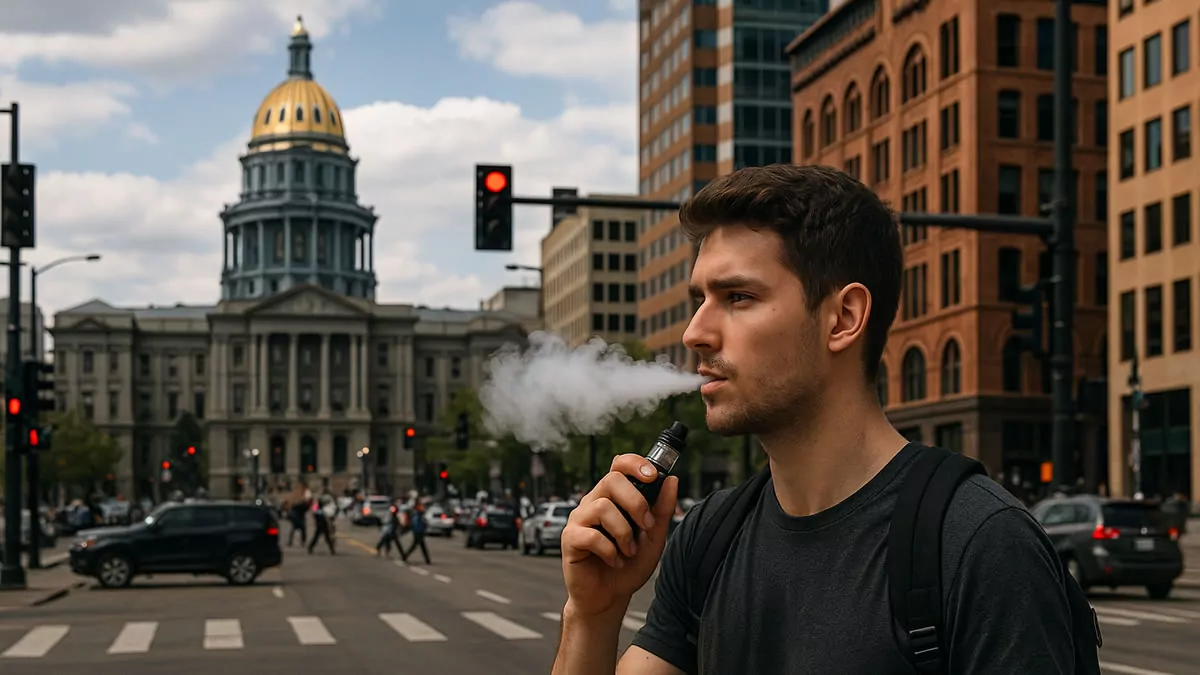
Where Can You Legally Vape in Colorado?
Colorado has taken significant steps to protect its residents from secondhand vapor exposure by extending many of its clean indoor air laws to include vaping.
The Colorado Clean Indoor Air Act: Expanded to Include Vaping
The Colorado Clean Indoor Air Act (CCIAA) was significantly amended in 2019 (effective July 1, 2019) to explicitly include e-cigarettes and other vaping devices under its definition of “smoking”. This means that vaping is prohibited in most indoor public places and places of employment where traditional smoking is also banned. This comprehensive ban includes, but is not limited to:
- Restaurants and bars (with very limited exceptions for certain pre-existing airport smoking concessions or specific licensed establishments if they meet stringent criteria, though these are rare for vaping).
- Indoor private worksites.
- Retail stores.
- Government buildings.
- Common areas of retirement facilities and public housing.
- Daycare centers and preschools.
- Healthcare facilities.
- Hotels and motel rooms (except for a small percentage that may be designated as smoking/vaping-permitted, if the establishment chooses and meets criteria).
Outdoor Restrictions and Entryway Rules
Beyond indoor spaces, the CCIAA also mandates that smoking and vaping are prohibited within 25 feet of the main or front entryway of any building where smoking/vaping is banned indoors. This “buffer zone” aims to prevent vapor from drifting into buildings and affecting those entering or exiting. Some older local laws may have allowed a smaller 15-foot radius, but the 25-foot state standard generally applies unless a local ordinance is even stricter.
It is also generally illegal to vape in the presence of a child, particularly in vehicles or other confined spaces, reflecting a strong emphasis on child protection.
School Grounds and University Campuses
Vaping is strictly prohibited on all K-12 public school property, in school vehicles, and at off-campus school-sponsored events. Most, if not all, college and university campuses in Colorado have also implemented comprehensive smoke-free and vape-free policies covering their entire grounds, including outdoor areas.
Vape while driving in Colorado?
The absence of statewide legislation regulating vaping while driving in Colorado means that, technically, it is permissible.
However, similar to all other instances, the fundamental principle of safety applies to vaping. Consequently, vaping while driving should only be done if it is considered safe and does not lead to any loss of focus or cause any distractions.
Can you vape in a car with a child in Colorado?
No, it is prohibited to vape in the presence of a child, regardless of the situation. Hence, it is against the law to vape in any vehicle with a minor. It is important to prioritize the safety and health of everyone in the car and avoid engaging in any activity that could endanger them.
Local Ordinances: A Patchwork of Stricter Ruless
While state law provides a baseline, many Colorado municipalities and counties have enacted their own, often more restrictive, local ordinances regarding public vaping. This creates a “patchwork” of rules that can vary significantly from one jurisdiction to another. Cities like Aspen, Boulder, Carbondale, Denver, Golden, Glenwood Springs, and Snowmass Village are known for having additional local restrictions, which may include:
- Bans on vaping in outdoor public spaces such as parks, trails, and recreational areas.
- Stricter rules around outdoor dining areas.
Therefore, it is crucial for vapers to pay attention to local signage and be aware of specific city or county ordinances, as violations can lead to fines.

Is Marijuana Vaping Legal in Colorado?
Recreational Marijuana Use
Recreational marijuana is legal in Colorado for adults 21 and older. However, it is important to remember that there are restrictions on where you can consume marijuana, including vaping it. In most cases, public consumption is prohibited, and consumption must occur in private residences or designated consumption areas.
Medical Marijuana Use
Medical marijuana is also legal in Colorado, and registered patients can use vaping devices for medicinal purposes. However, similar to recreational use, public consumption is generally not allowed, and patients must adhere to guidelines on where they can consume their medicine.
Vaping Marijuana in Colorado
While vaping marijuana is legal for both recreational and medical users, it is essential to be aware of the specific regulations governing its use. This includes understanding the age restrictions, public consumption guidelines, and respecting the rights of non-users.
Retailer Regulations and Licensing
The sale of vaping products in Colorado is a regulated activity, with specific requirements for retailers.
Mandatory Retailer Licensing
All businesses intending to sell e-cigarettes or other nicotine products in Colorado must obtain a state-issued retailer license. This annual license, which as of 2025 can cost around $900, is a key mechanism for state oversight and enforcement. Retail establishments that engage in mixing or preparing e-liquids or assembling vaporizers on-site are specifically categorized as “tobacco product manufacturers” under state law and are subject to additional, more rigorous regulations, including those from the FDA.
Location-Based Restrictions and Advertising Prohibitions
To reduce youth exposure, new retail licenses for nicotine products will generally not be issued to businesses located within 500 feet of a school, measured from the school’s property line to the nearest point of sale. There are some grandfathering provisions for existing retailers established before July 2020, even if ownership changes. Local authorities may have the discretion to modify this distance or grant exemptions for certain school types, adding to local variability.
Furthermore, retailers are prohibited from advertising electronic smoking devices in a manner that is visible from outside their retail location. This aims to prevent marketing that could attract underage individuals or broadly appeal to the general public passing by.
Delivery Sales and Online Purchases
Delivery sales of nicotine products are permitted in Colorado but only after verifying that the person receiving the delivery is 21 years of age or older, typically through inspection of a valid government-issued photographic identification at the point of delivery. This aligns with federal regulations such as the Preventing Online Sales of E-Cigarettes to Children Act (which amended the PACT Act and Jenkins Act) that extended online sales regulations to Electronic Nicotine Delivery Systems (ENDS).
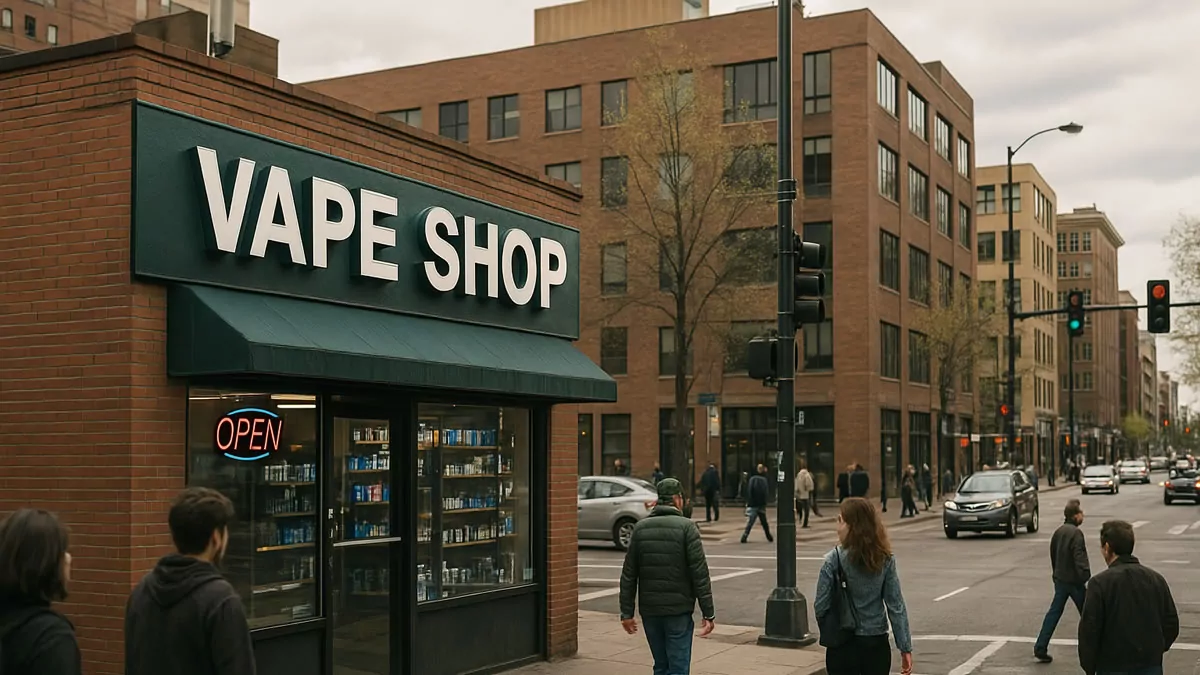
Flavor Restrictions in Colorado
Efforts to reduce youth vaping have led to significant restrictions on flavored vaping products, primarily at the local level in Colorado, supplementing federal rules.
Federal and Local Flavor Bans
Federally, the FDA has restricted the sale of flavored pre-filled cartridge-based or pod-based e-cigarette products (other than tobacco and menthol flavors) unless they have received specific marketing authorization. However, this federal enforcement has primarily targeted cartridge systems, leaving many other flavored product types, like disposable vapes and bottled e-liquids, in a complex regulatory space.
Several Colorado communities have taken more comprehensive action. Notably, the City of Denver enacted a ban on the sale of most flavored tobacco products, including flavored e-cigarettes (vaporizers), menthol cigarettes, and flavored cigars and smokeless tobacco, which took effect in 2025 (with some sources indicating March 18, 2025). This ban typically excludes flavored hookah tobacco sold in licensed hookah lounges. Denver’s ordinance targets flavors like fruit, candy, watermelon, and cereal, which public health advocates argue are disproportionately appealing to youth.
Other Colorado municipalities that have implemented their own bans on the sale of a wide range of flavored nicotine and tobacco products include Aspen, Boulder, Carbondale, Edgewater, Golden, Lafayette, Louisville, and Snowmass Village. Summit County has also been actively considering similar proposals. This local-level action means that the availability of flavored vape products can vary significantly depending on which city or county you are in.
Taxation and Enforcement
Colorado utilizes taxation as a public health tool and has established enforcement mechanisms to ensure adherence to its vaping laws.
Excise Taxes on Vaping Products
Colorado imposes a significant state excise tax on vaping products. This tax rate has been incrementally increased and, as of 2024 through June 2027, stands at 56% of the manufacturer’s list price (wholesale price). This rate is scheduled to increase further to 62% after June 2027. Colorado is one of the states with higher tax rates on these products nationally. Notably, Colorado does not currently tax non-nicotine e-liquids, creating a distinction that can complicate enforcement and market dynamics. Revenue generated from these taxes is often directed towards public health programs, including youth tobacco and vaping prevention and cessation initiatives.
Compliance Checks and Penalties
The Colorado Department of Revenue’s Division of Liquor Enforcement is responsible for conducting compliance checks on retailers. This includes conducting at least two annual undercover operations per retailer, using decoys aged 18–20 to test adherence to age verification laws. Penalties for violations, such as selling to underage individuals or operating without a proper license, escalate from warnings for a first offense to fines up to $1,000 and potential license revocation for repeat violations. Retailers are also required to train employees on age verification protocols and must post conspicuous signage about the prohibition of sales to minors.
Ecigator is one of the well-known vape brands spun off from FM Technology Co., Ltd, it’s an ISO-certified disposable vape manufacturer for OEMs, ODMs, and OBM since 2010. The founder team comes from top firms with more than 10 years of experience in the vaping industry and has devoted thousands of hours to providing users with a better and better experience.
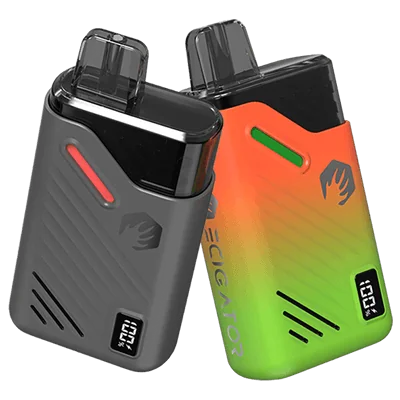
18K Disposable Pod Kit
Disposable Pod Kit – 18ml changeable pod with 650mAh rechargeable battery.
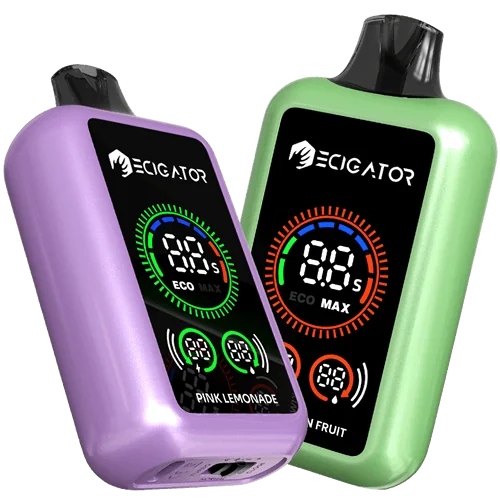
20K with Large Screen
20000 Puffs Disposable Vape with large screen. Normal and Boost working modes.
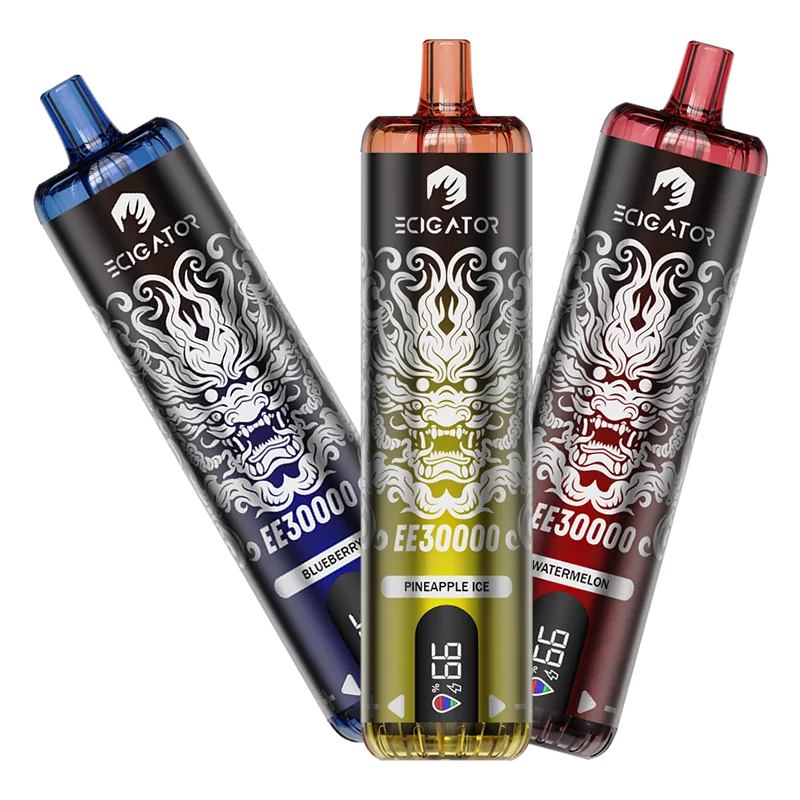
30K DTL Disposable
30K Puffs DTL(Directly to Lung) disposable vape with airflow control and screen.
Conclusion
Colorado’s vaping laws paint a picture of a state actively working to control the sale, use, and accessibility of e-cigarettes and related nicotine products. The 21+ age limit is firmly enforced, public vaping is significantly restricted (especially indoors and near sensitive locations), and retailers face stringent licensing and operational requirements. The rise of local flavor bans, particularly in Denver and other municipalities, adds another layer of complexity, meaning the availability of certain products can differ greatly across city and county lines. Furthermore, substantial state excise taxes make vaping a more expensive option compared to states with no specific vape tax.
For both residents and visitors in Colorado, staying informed about these multifaceted and evolving regulations is essential. Always check local ordinances in addition to state laws, as municipalities often have stricter rules. As public health discussions continue and new research emerges, Colorado’s approach to vaping will likely see further adjustments, underscoring the state’s commitment to reducing vaping prevalence, particularly among its youth, while navigating the complexities of adult use and harm reduction debates.
FAQs
The legal minimum age to purchase, possess, or use any vaping or nicotine product in Colorado is 21 years old, in line with both state and federal “Tobacco 21” laws.
No, vaping is prohibited in most indoor public places in Colorado, including workplaces, restaurants, and bars, under the Colorado Clean Indoor Air Act. There are also restrictions on vaping within 25 feet of building entrances.
Federally, non-tobacco and non-menthol flavors are banned for closed-system vaping devices. Additionally, several individual cities and counties in Colorado, including Denver, have enacted comprehensive bans on the sale of all flavored vaping products.
Yes, retailers selling vaping products in Colorado are required to obtain an annual license, with fees that can be significant (e.g., $900). Shops that mix e-liquids or assemble devices face additional regulations.
Yes, Colorado imposes an excise tax of 35% on the wholesale price of vaping products, similar to tobacco products.
References:
Colorado General Assembly – HB19-1076 (Clean Indoor Air Act Amendments)
Tobacco21.org – Colorado Grade Card (August 2020)
Colorado General Assembly – HB20-1001 Amendment (Tobacco 21 details)
Justia Law – Colorado Revised Statutes § 44-7-104.7 (Retailer licensing, sales)
Colorado Department of Revenue – MSA Reporting (Tobacco context)
Colorado Legislative Council Staff – Nicotine Products Tax
- Juul Labs Files New Patent Infringement Lawsuits Against NJOY and Altria - August 11, 2025
- Fumot Mate Pod Kit Review: 10,000 Puffs & TPD Legal? - August 10, 2025
- UK Vape Tax Could Push E-Liquid Prices to £40 a Bottle - August 10, 2025

